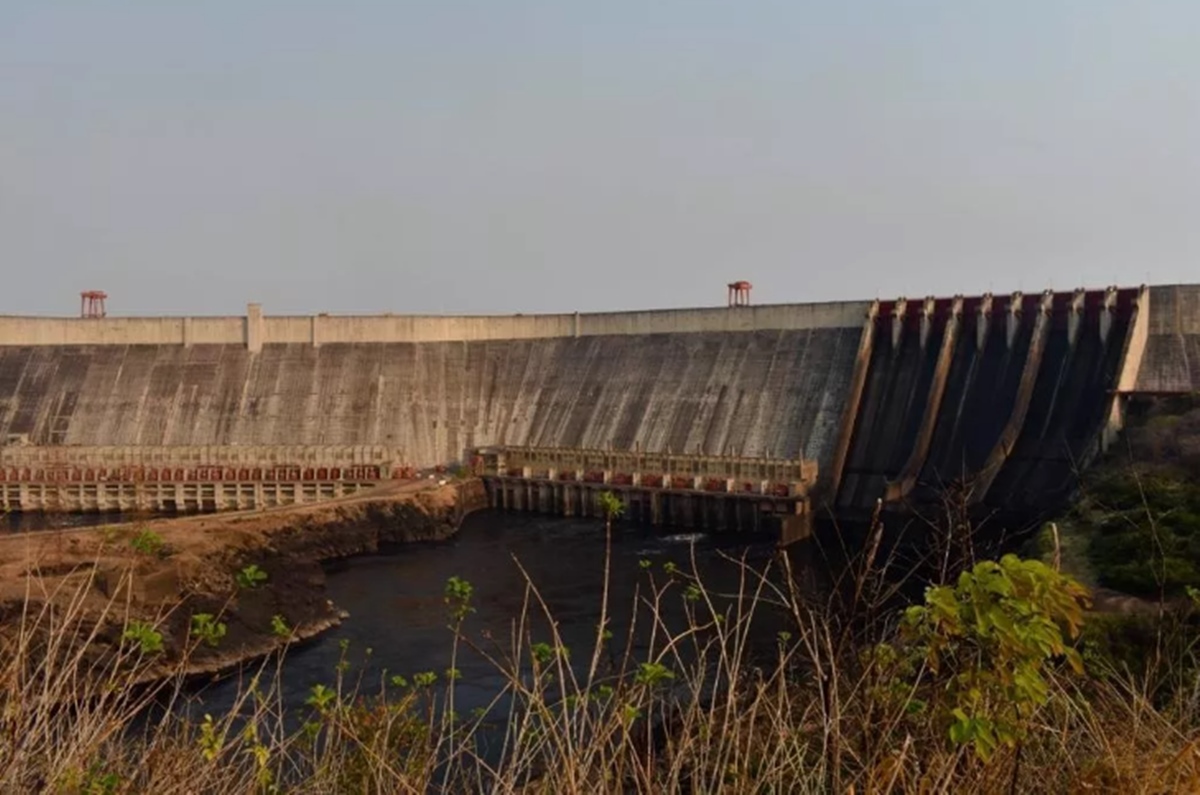Whereabouts of detained Guri workers unknown

Since September 2, relatives and friends of at least 10 Guri workers have not known their whereabouts. detained that day by officials of the General Directorate of Military Counterintelligence (Dgcim).
There is no either information on the reason for these arrests and the crimes they are charged with.
However, a common denominator in the arrests of recent months in the country is the fear of relatives to publicly denounce violations of due process, including not knowing their physical and mental health status, the place of confinement, as well as the right to private defense.
Coworkers are also afraid to report or even comment on the matter. No one wants to speak out for fear of retaliation.
“People who have spent their productive years working for this company have no right to be missing, without their families knowing where they are, much less the reason why they were taken,” said a person close to the victims.
On the night of Thursday, September 12, human rights defender Tamara Suju reported on X the case of a Corpoelec worker detained in Guri on September 2 by the Dgcim.
He added that 20 employees were arrested, although there is no official information on who was arrested.
Forced disappearances in Venezuela
These cases can be classified as forced disappearances, which are defined as the “crime in which an official or a person in the service of the State deprives another of his or her freedom by concealing his or her whereabouts. It has its origins in the systematic and organized plot of disappearances of persons carried out during the military dictatorships of the South American cone,” the report states. NGO Access to Justice.
As an example, they mention precisely, “when the relatives of a detainee do not know where he is, either because the authorities do not know or because they do not want to tell them where he is.”
Article 45 of the Venezuelan Constitution “prohibits public authorities, whether civil or military, even in a state of emergency, exception or restriction of guarantees, from practicing, permitting or tolerating the forced disappearance of persons. Any official who receives an order or instruction to do so has the obligation to disobey it and to report it to the competent authorities. The intellectual and material authors, accomplices and concealers of the crime of forced disappearance of persons, as well as the attempt to commit the same, will be punished in accordance with the law.”
Likewise, Article 181-A of the Venezuelan Penal Code states: “Any public authority, whether civil or military, or any person in the service of the State who unlawfully deprives a person of his or her liberty and refuses to acknowledge the detention or provide information on the fate or situation of the missing person, thereby preventing the exercise of his or her constitutional and legal rights and guarantees, shall be punished with a sentence of fifteen to twenty-five years in prison. Members or members of groups or associations with terrorist, insurgent or subversive purposes who, acting as members or collaborators of such groups or associations, forcibly disappear a person by means of kidnapping or abduction shall be punished with the same penalty. Anyone who acts as an accomplice or concealer of this crime shall be punished with a sentence of twelve to eighteen years in prison.”
Independent journalism needs the support of its readers to continue and ensure that uncomfortable news that they don’t want you to read remains within your reach. Today, with your support, we will continue working hard for censorship-free journalism!
